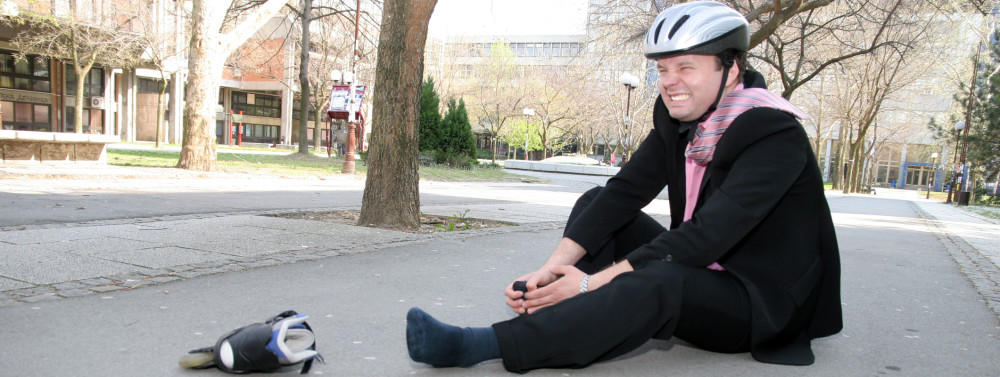Having reflex sympathetic dystrophy (RSD) can require many changes in a person’s life. A person with RSD may find things that he or she used to be able to do one their own may now require assistance. Help from loved ones or a hired caregiver may be required, and they may now be considered disabled. Lifestyle changes to copy with RSD may include:
- Ask others to help with mopping and vacuuming.
- Choose a single room every couple of days to focus on light cleaning and picking up.
- Consider hiring a cleaning service.
- Bring extra medicine along even on short trips in case symptoms flare up.
- Use pillows and blankets to keep comfortable when travelling.
- Have a shopping plan so as to minimize time wandering around the store.
- Use a motorized cart when shopping so to reduce energy spent on walking.
- Have someone cut food or buy it precut at the store.
- Split up big meals into individual containers that can just be microwaved later.
- Have someone help with folding and ironing clothes.
- Select meals that are easier to make.
- Keep food items on lower shelves to make them more easily accessible.
- Get home delivery for foods.
- Ask neighbors to assist with pets.
- Install a doggie/cat door to allow pets to go in and out without assistance.
- Use larger animal food bowls so they don’t have to be filled as often.
- Choose leisure activities that don’t tax the affected extremity.
- Let loved ones know when it’s a good day or a bad day.
Keep communications open so loved ones, co-workers and employers know if it might be necessary to leave early or if a task might not get finished due to a flare in symptoms. It’s important for a person with RSD to learn his or her limitations and let loved ones and those around know when those limits have been reached. This kind of communication is crucial to getting the most out of the energy available.
